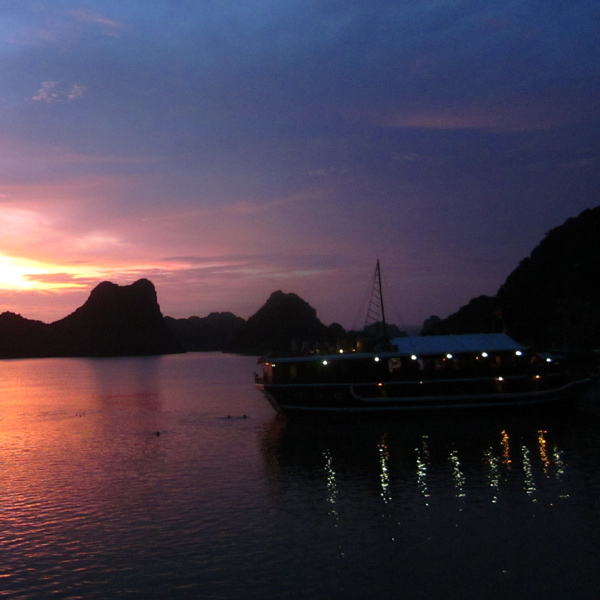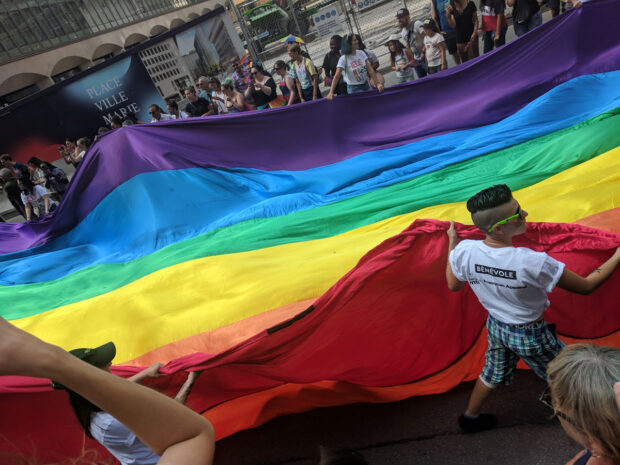Covid vaccines appear to be working and Trumpism is fading. For LGBTQ people in North America and most of the European Union, things are arguably looking up. That’s not, however, the case in much of East Asia. Being “different” in Asia isn’t, however, completely gloom-and-doom; and that’s mostly due to the leveling effect of the internet. A decade or so of online dating online has allowed intimacy with privacy.
Straight people in Asia, of course use dating apps as well, but if you’re in a repressive nation such as the People’s Republic of China, having apps that are specifically tailored to the gay community are a godsend. Setting aside the more religious nations of say, Indonesia or Brunei, where a strict interpretation of Islam forbids homosexuality to a rather severe degree, dating apps and sites are bringing an increasing degree of freedom to millions of LGBTQ people in East Asia.

There have long been chat rooms, and even text message dating back in the day, but mainstream apps that are unabashedly for men-who-love men or women-who-love women or whatever combination in between have been revolutionary. There are so many options now – you could try these out if you’re interested.
The only complete exception to the internet being a liberator would be North Korea as even basic information from that reclusive communist, dynastic, weirdo, kingdom-republic is almost impossible to obtain.
Across the border in communist China, though, even with the so-called “great firewall” and a recent crackdown on virtual private networks (or VPS’s), there are still ways to access apps and dating websites for the gay community and a slow movement for change is building
There is one bright spot in East Asia: the island of Taiwan, which is claimed as a breakaway province of communist China but has been independently governed since 1949. Taiwan’s example shows a path forward for other East Asian nations still stuck in the “but…tradition” mindset.

In May of 2017, Taiwan’s highest adjudicators – the Constitutional Court – gave the island’s lawmakers two years to devise a way to legalize same-sex marriage as the justices ruled that the freedom to marry fell within the equality clause of the Constitution of the Republic of China (Taiwan’s official name).
What followed was two years of wrangling as some conservative lawmakers dragged their heels – but most simply shrugged their shoulders; deciding on a passive “live and let live” attitude. The court ruling, naturally, provided a huge amount of cover for some who would have rather not liberalized the law.
Younger parliamentarians with liberal leanings actively championed for full equality – including the right of gay couples to adopt children – which, so far, is still not legal in Taiwan. With very few exceptions, the only folks who actually protested the planned revisions to the marriage code were the devoutly Christian (Taiwan is only roughly 5% Christian) who organized “Save the Children!” and “Save the Family!” rallies.
On May 24th, 2019 marriage equality became reality, as Taiwan’s President Tsai Ing-wen congratulated same-sex couples and lauded the fact her nation had become the first in Asia (outside of Australia and New Zealand) to take the leap forward.

Naturally, after May 2019, hundreds of same-sex couples flocked to marry. One year later, newspaper reports decried the huge number of divorces among same-sex partners. Anyone with a modicum of sense, however, understands that after decades of suppression comes some over-correction. Some of those marriages were ill-advised and have since been reversed.
Give marriage equality the same length of time as the Dutch have, and it’s more than likely divorce rates between straight and same-sex Taiwanese couples will stabilize – as they have in Holland where gay people have legally been allowed to web since 2001.
Aside from Taiwan, there has been little progress elsewhere. One would think Japan or South Korea would be bellwethers, but that’s not the case. Anecdotal reports say that tolerance is increasing in places such as Japan, where a petition for equal rights was launched in 2020.
But to this day, the only cities in Asia with large annual gay pride parades are both located in Taiwan, in the capital city Taipei, and as of 2020, in the southernmost harbor city of Kaohsiung.
Taiwan’s example shows that in East Asia, the courts will likely have to mandate equality as it will be almost impossible to obtain by the ballot box. It’s going to be awhile before there’s any parades outside of Taiwan featuring men in Speedos dancing to dance music.
In much of Asia, it’s fine to be gay as long as nobody knows about it. This, sadly, will likely continue to be the case for quite some time to come. There is growing tolerance, but tolerance is not the same as equality.
